Author: Victoria Antram
-
Missouri governor signs law repealing provisions of 2024 paid sick leave and minimum wage ballot initiative
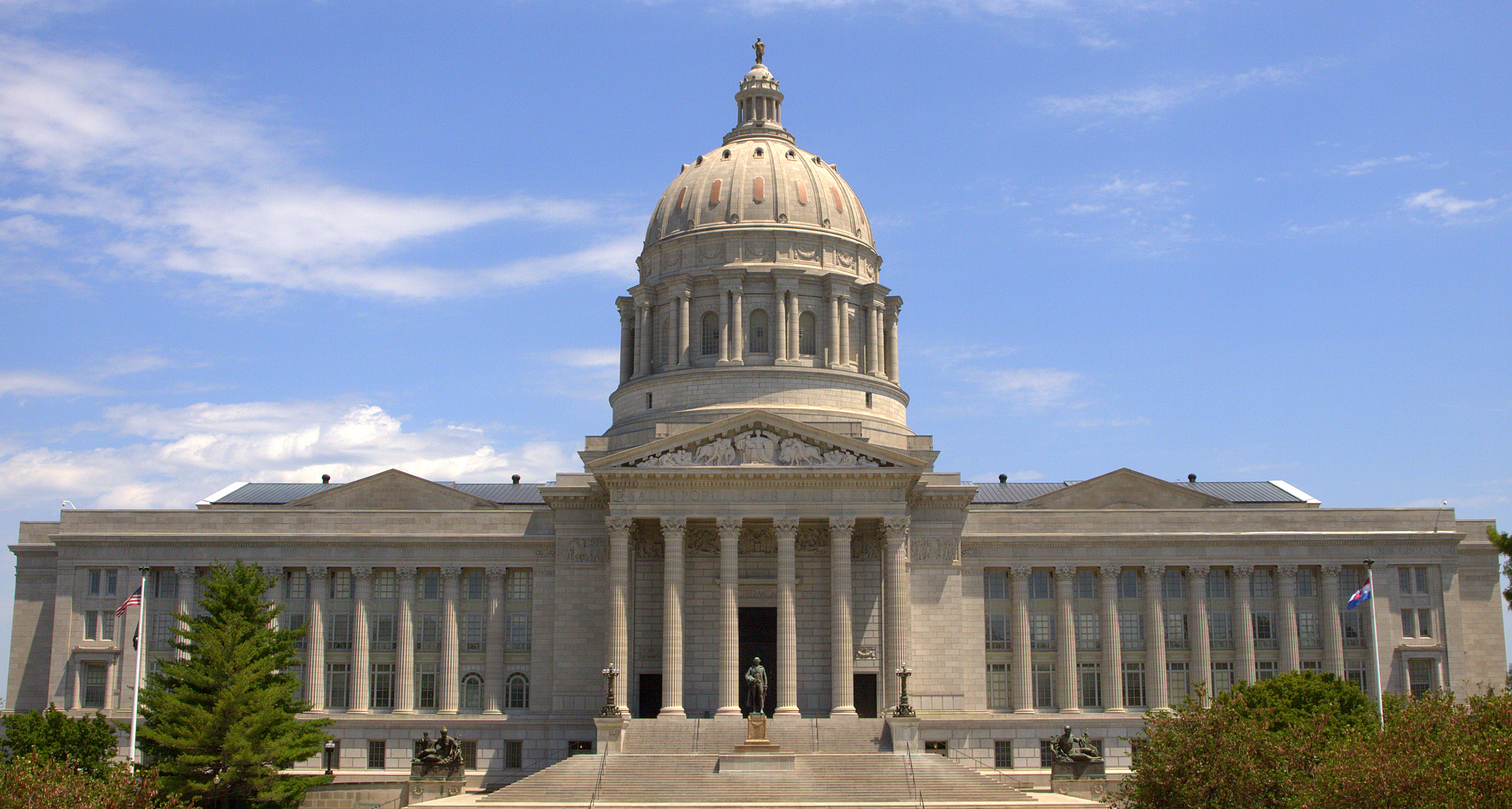
Missouri Gov. Mike Kehoe (R) signed House Bill 567 (HB 567) on July 10, repealing provisions of Proposition A, which voters approved in 2024. HB 567 repealed the paid sick leave requirements and the provision that tied future minimum wage increases to inflation. Proposition A is an initiated state statute that was approved by nearly…
-
Texas voters to decide on slate of amendments prohibiting several types of taxes in November
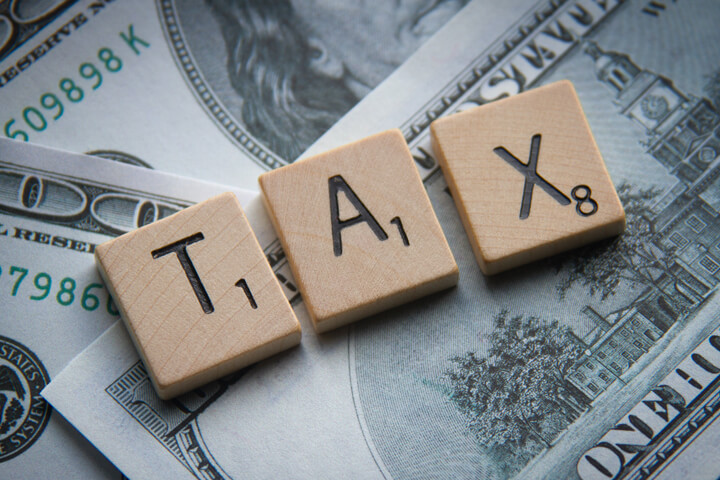
The Texas State Legislature is sending three constitutional amendments to voters this November that would prohibit several types of taxes—Proposition 2, Proposition 6, and Proposition 8. Proposition 2 would prohibit realized or unrealized capital gains taxes and add language stating that the prohibition would not apply to ad valorem taxes on property, sales taxes on…
-
Texas voters will decide on eighth amendment related to the State Commission on Judicial Conduct since its founding in 1965 in November

Texas will head to the polls in November to decide on 17 ballot measures, including Proposition 12, which will be the eighth amendment related to the State Commission on Judicial Conduct (SCJC), which was established in the constitution in 1965. Proposition 12 would amend the Texas Constitution to change the composition of the SCJC by…
-
Florida voters to decide on changes to budget stabilization fund in 2026
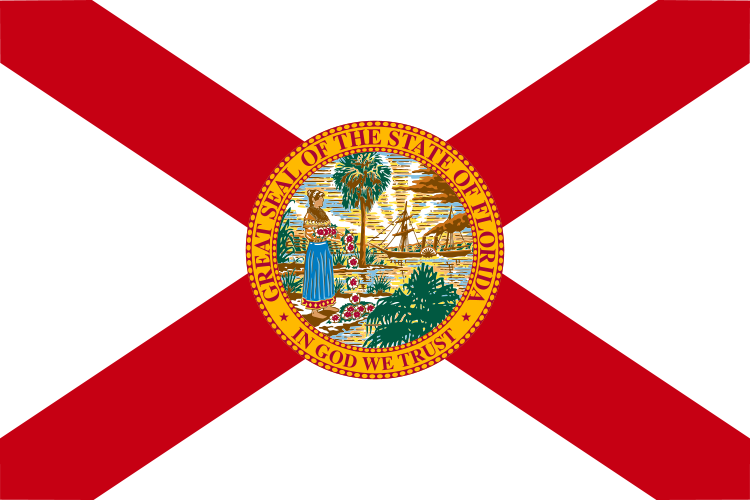
The Florida State Legislature voted on June 16, the final day of the legislative session, to send a constitutional amendment to voters that would make changes to the state’s budget stabilization fund (BSF). It will need to be approved by 60% of voters in Nov. 2026. The amendment would increase the maximum amount that can…
-
Nebraska voters to decide on change to state legislative term limit in 2026, 20 years after it took effect
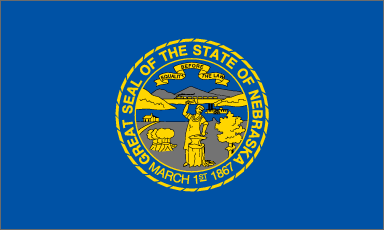
Nebraska senators voted to send a constitutional amendment to the Nov. 3, 2026, ballot that would lengthen the state legislative term limit passed by voters in 2000. Initiative Measure 415 provided that state legislators are not eligible for office in the legislature for four years after serving two consecutive terms (eight years). The 2026 amendment…
-
Texas voters to decide on three property tax exemption amendments, including third homestead exemption increase in three years

The Texas State Legislature voted to send three property tax exemption amendments to the Nov. 4 ballot this week—increasing two existing exemptions and authorizing the creation of a new one. Senate Joint Resolution 2 would increase the property tax exemption from $100,000 to $140,000 of the market value of a homestead. This will be the…
-
Texans to decide on parental rights amendment in November, first ballot measure of its kind since 1996

Texas voters will decide whether to add language to the state constitution to provide that parents have the right “to exercise care, custody, and control of the parent’s child, including the right to make decisions concerning the child’s upbringing” and the responsibility “to nurture and protect the parent’s child.” In Texas, a two-thirds vote in…
-
Montana is sixth state this year to adopt a ban on foreign spending on ballot measures
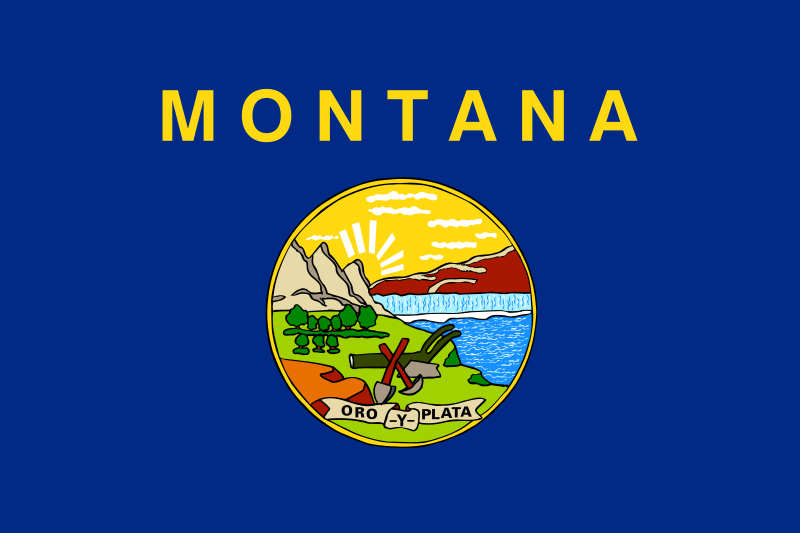
Gov. Greg Gianforte (R) signed House Bill 818 on May 13, making Montana the sixth state in 2025 to adopt a ban on foreign spending in ballot measure campaigns. Montana joins five other states that adopted bans this year—Arkansas, Indiana, Kansas, Kentucky, and Wyoming—and ten states that passed similar laws in prior years, bringing the…
-
Texas Democrats join Republicans to place citizen voting requirement on statewide ballots in 2025 after blocking the amendment in 2023

Fifteen House Democrats joined the Republican majority in voting to send a constitutional amendment to voters on Nov. 4 that would add noncitizens to the list of persons not allowed to vote in the state after the same resolution was defeated during the state’s last legislative session in 2023. The list in Section 1, Article…
-
Ballot measures certification update: Seven new measures for 2025 in CO and TX; six new measures certified in five states for 2026
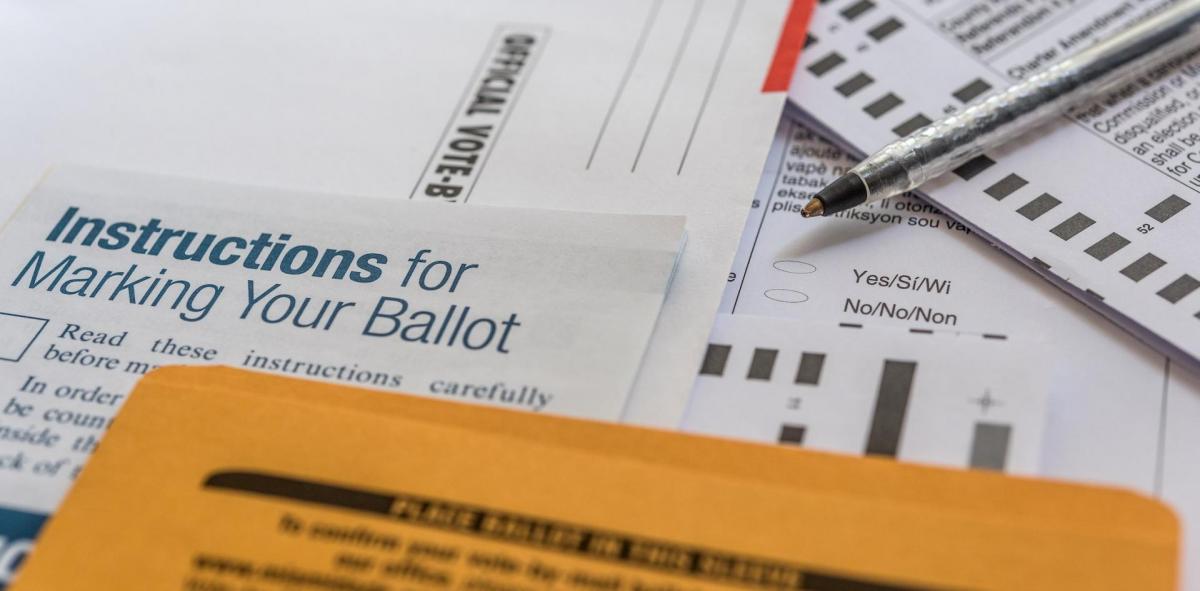
The number of certified statewide ballot measures for both 2025 and 2026 is trending above average compared to previous election cycles as of May 13. 2025 ballot measures For 2025, 15 statewide ballot measures have been certified in six states—Colorado, Louisiana, Ohio, Texas, Washington, and Wisconsin. This is seven more than the average of eight…

